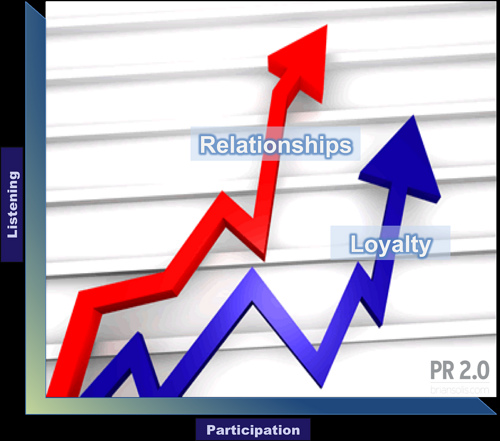
It is important to identify the fears stopping you from accomplishing your goals of falling in love with your life and building intimate relationships with others. Having a desire to change is essential to this process. It is also important to be aware of the feelings attached to these detrimental fears. For example, I know the feeling I get when I am manifesting my fear into anger. It’s the kind of fear that rests in the pit of your stomach. When I have that feeling I automatically go into a defensive mindset. When I am defensive, I want to attack someone or something.
Once I identify the feeling, I am alerted to what is happening. This feeling creates a level of discomfort which empowers me to change. Without it, I may not find the motivation to change. Through this acknowledgement I am able to let go of my fears and anger and return to joy.
Drop the Judgment
Don’t fall into the trap of believing your feelings are right or wrong, good or bad. Accept that they just are. By letting go of self judgment, you empower yourself to appropriately respond to your emotions. These feelings are guides. They are indicators as to whether you are moving in the direction of happiness and joy. You can change the way you associate with your feelings.
Three Simple Steps
- Observe and acknowledge when you have strong emotional responses
- Notice the labels you place on your emotions
- When you find yourself in self-flagellation as a result of a feeling, remember it is words and actions that have an effect, not emotions. If you don’t like how you feel, change what you do
You possess the power to change the way you feel. It isn’t as complicated as it may seem. Keep things simple and take it easy with how you think of yourself.

